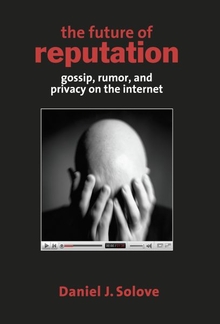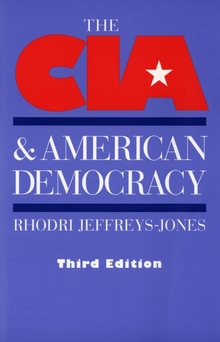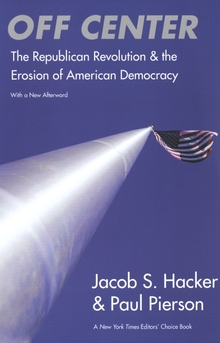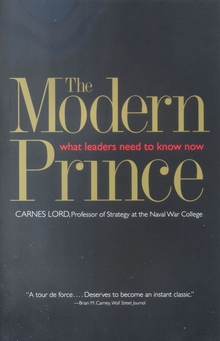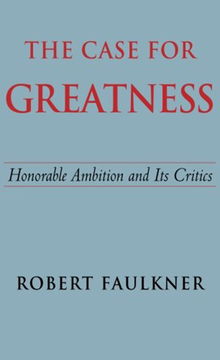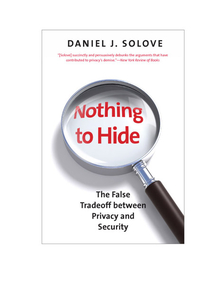The Future of Reputation
WARNING
You are viewing an older version of the Yalebooks website. Please visit out new website with more updated information and a better user experience: https://www.yalebooks.com
Gossip, Rumor, and Privacy on the Internet
Daniel J. Solove
What information about you is available on the Internet? What if it’s wrong, humiliating, or true but regrettable? Will it ever go away?
Teeming with chatrooms, online discussion groups, and blogs, the Internet offers previously unimagined opportunities for personal expression and communication. But there’s a dark side to the story. A trail of information fragments about us is forever preserved on the Internet, instantly available in a Google search. A permanent chronicle of our private lives—often of dubious reliability and sometimes totally false—will follow us wherever we go, accessible to friends, strangers, dates, employers, neighbors, relatives, and anyone else who cares to look. This engrossing book, brimming with amazing examples of gossip, slander, and rumor on the Internet, explores the profound implications of the online collision between free speech and privacy. Daniel Solove, an authority on information privacy law, offers a fascinating account of how the Internet is transforming gossip, the way we shame others, and our ability to protect our own reputations. Focusing on blogs, Internet communities, cybermobs, and other current trends, he shows that, ironically, the unconstrained flow of information on the Internet may impede opportunities for self-development and freedom. Long-standing notions of privacy need review, the author contends: unless we establish a balance between privacy and free speech, we may discover that the freedom of the Internet makes us less free.
Daniel J. Solove is associate professor, George Washington University Law School, and an internationally known expert in privacy law. He is frequently interviewed and featured in media broadcasts and articles, and he is the author of The Digital Person: Technology and Privacy in the Information Age. He lives in Washington, D.C., and blogs at the popular law blog http://www.concurringopinions.com.
Visit Daniel J. Solove's website or read his blog Concurring Opinions.
Click here to listen to an interview with the author on the Yale Press Podcast.
Discussion Questions for Course Use.
Click here to see Daniel Solove discuss his book as part of Google's Authors@Google speaker series.
“A timely, vivid, and illuminating book that will change the way you think about privacy, reputation, and speech on the Internet. Daniel Solove tells a series of fascinating and frightening stories about how blogs, social network sites, and other websites are spreading gossip and rumors about people's private lives. He offers a fresh and thought-provoking analysis of a series of wide-ranging new problems and develops useful suggestions about what we can do about these challenges.”—Paul M. Schwartz, professor of law, University of California Berkeley School of Law
“No one has thought more about the effects of the information age on privacy than Daniel Solove.”—Bruce Schneier, author of Beyond Fear: Thinking Sensibly about Security in an Uncertain World
“As the Internet is erasing the distinction between spoken and written gossip, the future of personal reputation is one of our most vexing social challenges. In this illuminating book, filled with memorable cautionary tales, Daniel Solove incisively analyzes the technological and legal challenges and offers moderate, sensible solutions for navigating the shoals of the blogosphere.”—Jeffrey Rosen, author of The Unwanted Gaze and The Naked Crowd
"In the future, we may all be famous for fifteen minutes, but the Internet can preserve that fame—infamy—forever. We might do well to consider, with Solove, what we lose when we give up our privacy, and what aspects of freedom to communicate are worth preserving."—Kathleen Fitzpatrick, Barnes & Noble Review
"Beneath Solove's legal suggestions rests a keen insight about the extent to which the Internet changes basic questions about privacy."—Mark Williams, MIT's Technology Review
"Solove, both a distinguished privacy law expert and a popular, prolific blogger, wants to be the Brandeis and Warren of the new millennium. . . . Solove is an entertaining as well as a thoughtful writer. Much of Future is devoted to a detailed and often-amusing romp through the many disclosure debacles and privacy pratfalls of the digerati to date. Solove is a good storyteller, and he's got doozies."—Michael Stern, American Lawyer
"A fascinating mix of sociology, legal theory and speculation. . . . Solove marshals a wide range of literary, historical and legal references. He’s read widely and thought hard about this devilishly complex situation."—David Freeman, Pajamas Media
"I don’t think I’ve ever encountered such a fun read that also manages to be a scholarly work on cyberlaw. . . . I can’t emphasize enough how important Solove’s project is. In an era of knee-jerk libertarianism and First Amendment absolutism, Solove demonstrates that there are some baseline norms and laws that should govern the spread of personally identifiable information, gossip, and rumors. Against the conventional wisdom that would declare the net ungovernable, Solove offers hope that a gossip-saturated blogosphere can become a more fair, decent, and perhaps even public-minded place."—Frank Pasquale, Seton Hall Law School
"As Mr. Solove's thoughtful book reminds us, our technologies give us a heretofore-unknown level of control over information. But when it comes to our ability to manage information about ourselves—including the basic human need to defend our reputations—this control can prove illusory."—Christine Rosen, New York Sun
"[A] fascinating 247-page look at how the World Wide Web is being used to enforce social norms. . . . Solove, an authority on information privacy law, has filled his book with outrageous examples that will engage the reader."—Jo-Ann Greene, Lancaster Sunday News
"[The Future of Reputation] explores how the very human tendency to gossip and spread rumor is amplified by technology: Tittle-tattle is exponentially more powerful and damaging when blogged on the Internet. Though Mr. Solove worries about our sharp, wagging tongues and our eagerness to cast the first stone, he also points out the danger we pose to ourselves, the trap we set for ourselves with every item of personal data we post on the Web. He calls it 'the self-exposure problem.' In my house, we call it Facebook."—Adam Begley, New York Observer
"The book is full of cautionary tales about how gossip, once restricted to whisper campaigns within limited circles, is fast creating indelible stains, driven by the Web."—Rhonda Bodfield Bloom, Arizona Daily Star
"Daniel J. Solove eloquently postulates that the new freedom of information-flow on the Internet can enslave us by ruining our reputations and preventing us from becoming the people we want to be. . . . Solove’s crisp and refreshing writing strays from the ponderous tone many writers take when criticizing the Internet, achieving a balance of humor and levity that keeps the pages turning and demonstrates a real understanding of and engagement with the youthful Internet culture he analyzes."—Bram Strochlick, Harvard Crimson
‘… Solove persuasively identifies the law’s current “binary” notion of privacy as problematic; and argues for an enforceable system that lets us limit the flow of information to our various social networks. His nuanced and anecdote-rich text can conjure winces of vicarious embarrassment … Reader, I shuddered.’ - Steven Poole, Guardian
Publication Date: October 28, 2008
17 b/w illus.

